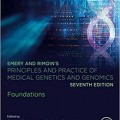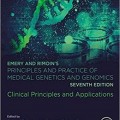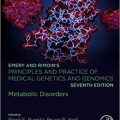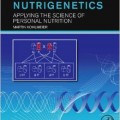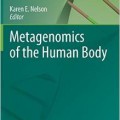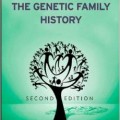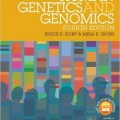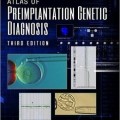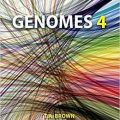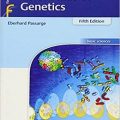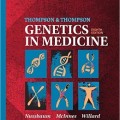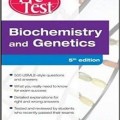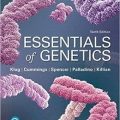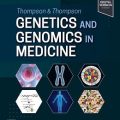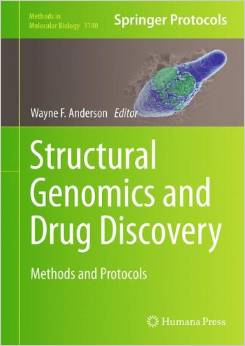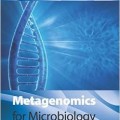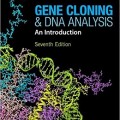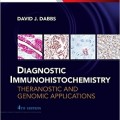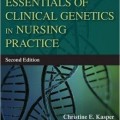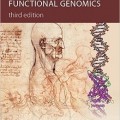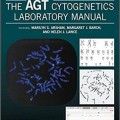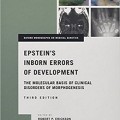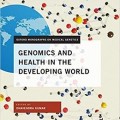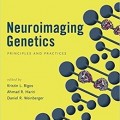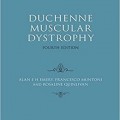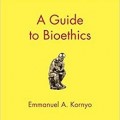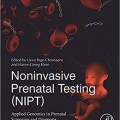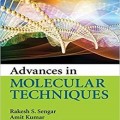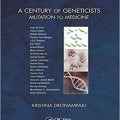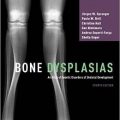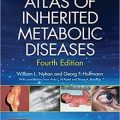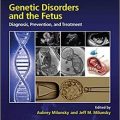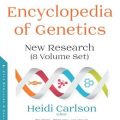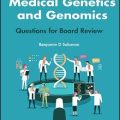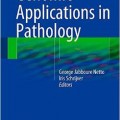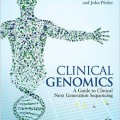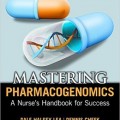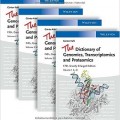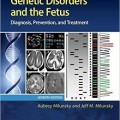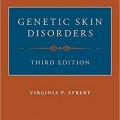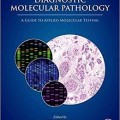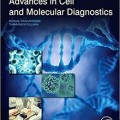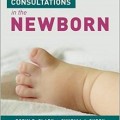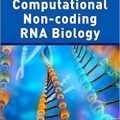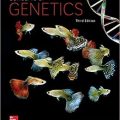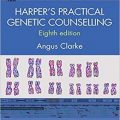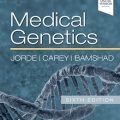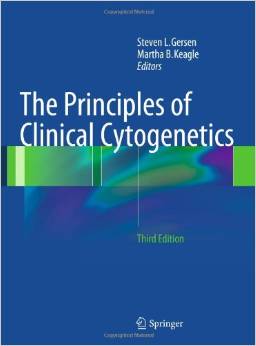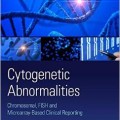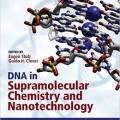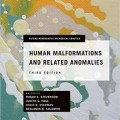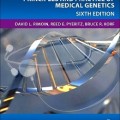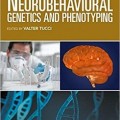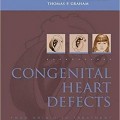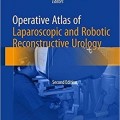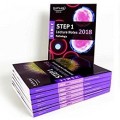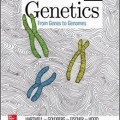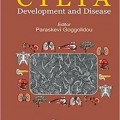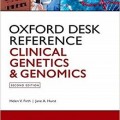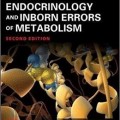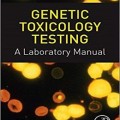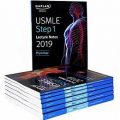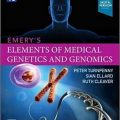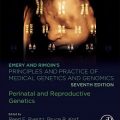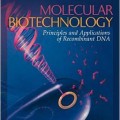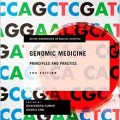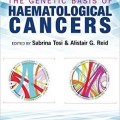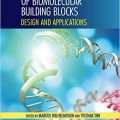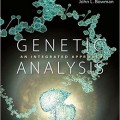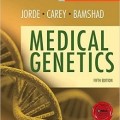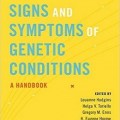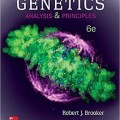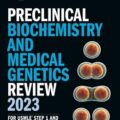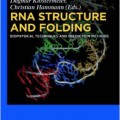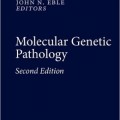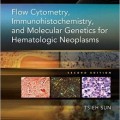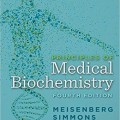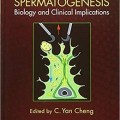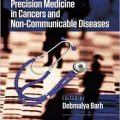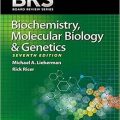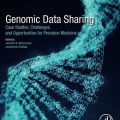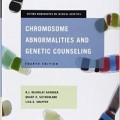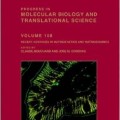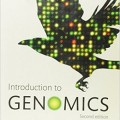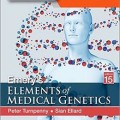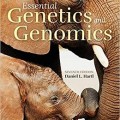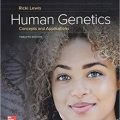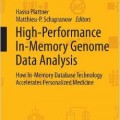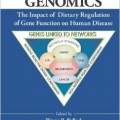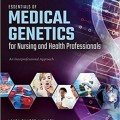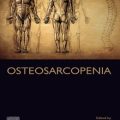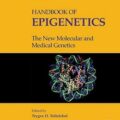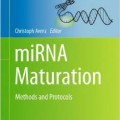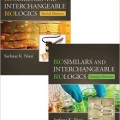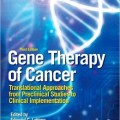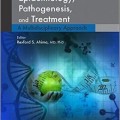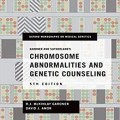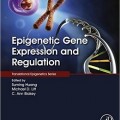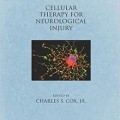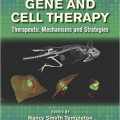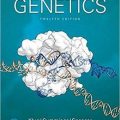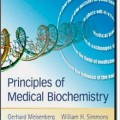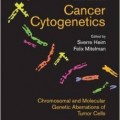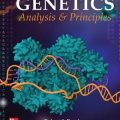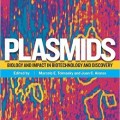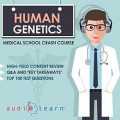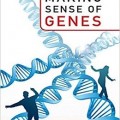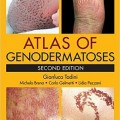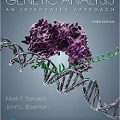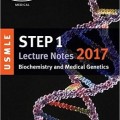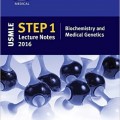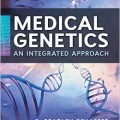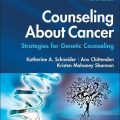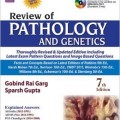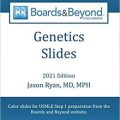دانلود کتاب ژنتیک تکاملی انسان
Human Evolutionary Genetics, 2ed
Now in full-color, the Second Edition of Human Evolutionary Genetics has been completely revised to cover the rapid advances in the field since publication of the highly regarded First Edition. Written for upper-level undergraduate and graduate students, it is the only textbook to integrate genetic, archaeological, and linguistic perspectives on human evolution, and to offer a genomic perspective, reflecting the shift from studies of specific regions of the genome towards comprehensive genomewide analyses of human genetic diversity.
Human Evolutionary Genetics is suitable for courses in Genetics, Evolution, and Anthropology. Those readers with a background in anthropology will find that the streamlined genetic analysis material contained in the Second Edition is more accessible. The new edition also integrates new technologies (including next-generation sequencing and genome-wide SNP typing) and new data analysis methods, including recent data on ancient genomes and their impact on our understanding of human evolution. The book also examines the subject of personal genomics and its implications.
Review
“I strongly recommend this book to anyone with an interest in human evolutionary genetics or anthropological genetics. It would be an ideal choice for advanced undergraduates and graduate courses on this topic, and would also be a key reference for those active in such research.” – Human Genomics
“This is an absolutely superb book! I have been recommending it enthusiastically to professional colleagues, graduate students, and even the occasional highly motivated undergraduate student, and the response has been overwhelmingly positive. Not only is the book unique in terms of topical coverage, but it is also extremely well executed. In fact, it is one of the best textbooks on any subject I have ever read. It belongs on the shelves of everyone interested in the genetic aspects of human evolution. There is also much of value in it for paleoanthropologists, historical linguistics, archaeologists, and human biologists (biological anthropologists), as well as for geneticists with various complementary specialties and interests.” – American Journal of Human Genetics
“I strongly recommend Human Evolutionary Genetics as an undergraduate textbook. At the same time, I recommend this book to any readers with an interest in human evolution or human genetics.” – Human Genetics
“In all honesty, there are few comparable textbooks on this subject, and this edition of Human Evolutionary Genetics really raises the bar. I wholeheartedly recommend this volume, and anticipate building a course around it in my own teaching.” – The Quarterly Review of Biology
“This is a very valuable, stimulating and challenging book for students, who will benefit from having had a previous grounding in basic biology, chemistry and statistics. For teachers this will also be valuable as a comprehensive review for courses in several aspects of human evolutionary genetics and as a teaching aid.”- Journal of Biological Education
“My thanks to the authors for updating an already outstanding book; you have outdone yourselves! Buy this book.” – American Journal of Human Biology
“Human Evolutionary Genetics is a highly recommended textbook that helps readers understand differences in the human genome and how evolution has affected development of the genome and acquired diversity….This book is very well laid out for those who want to introduce themselves to the concepts of evolution and genetics and is a good read for advanced undergraduates and graduates, as well as geneticists, human biologists, anthropologists, and others.” – Yale Journal of Biology and Medicine
About the Author
Mark Jobling is a Professor in the Department of Genetics at the University of Leicester, UK. Following a BA in Biochemistry and a DPhil in Genetics from the University of Oxford, he came to Leicester as an MRC Training Fellow in 1992, and has held a Wellcome Trust Senior Fellowship in Basic Biomedical Science since 1999. His research is in the area of human genetic diversity and the forces that pattern it, from mutation processes to cultural factors in human populations. He has a long-term interest in the Y chromosome and its many peculiarities.
Ed Hollox is a Lecturer in the Department of Genetics at the University of Leicester, UK. Following a BA in Natural Sciences from the University of Cambridge and PhD in Genetics from University College London, he spent several years as a postdoc at the University of Nottingham before taking up his current post in 2006. His research interest is the natural genetic diversity of humans and other mammals, in particular the structural variation of genomes.
Matthew Hurles is a Senior Group Leader in Human Genetics at the Wellcome Trust Sanger Institute, Hinxton, UK. Following a BA in Biochemistry from the University of Oxford, he received his PhD in Genetics from the University of Leicester, and established his group at the Wellcome Trust Sanger Institute in 2003. His research interests are in medical and population genetics, with a long term interest in mutation processes and a current focus on the application of genome sequencing to the diagnosis of rare genetic disorders.
Toomas Kivisild is a Reader in the Department of Archaeology and Anthropology, University of Cambridge, UK. He received his PhD from University of Tartu, Estonia, and his earlier research focused on mitochondrial DNA variation in human populations. His current research interests are in human evolution and evolutionary population genetics, with a particular focus on questions relating global genetic population structure with evolutionary processes such as selection, drift, migrations and admixture.
Chris Tyler-Smith heads the Human Evolution team at The Wellcome Trust Sanger Institute, Hinxton, UK. He studied Biochemistry at the University of Oxford and received a PhD form the University of Edinburgh. His research interests include genetic variation in humans and gorillas, and the insights these provide into our evolutionary histories and disease susceptibilities.
Contents
Chapter 1 An Introduction to Human Evolutionary Genetics 1
Chapter 2 Organization and Inheritance of the Human Genome 17
Chapter 3 Human Genome Variation 43
Chapter 4 Finding and Assaying Genome Diversity 95
Chapter 5 Processes Shaping Diversity 133
Chapter 6 Making Inferences from Diversity 167
Chapter 7 Humans as Apes 225
Chapter 8 What Genetic Changes Have Made Us Human? 257
Chapter 9 Origins of Modern Humans 283
Chapter 10 The Distribution of Diversity 319
Chapter 11 The Colonization of the Old World and Australia 341
Chapter 12 Agricultural Expansions 363
Chapter 13 Into New-Found Lands 409
Chapter 14 What Happens When Populations Meet 443
Chapter 15 Understanding the Past, Present, and Future of Phenotypic Variation 477
Chapter 16 Evolutionary Insights into Simple Genetic Diseases 517
Chapter 17 Evolution and Complex Diseases 541
Chapter 18 Identity and Identification 571
لینک کوتاه : https://bookbaz.ir/?p=23358
نویسنده : Mark Jobling , Edward Hollox
ناشر : Garland Science; 2 edition
سال انتشار : 2014
زبان کتاب : انگلیسی
نوع فایل : PDF
تعداد صفحات : 690
(ISBN) شابک : 0815341482
قیمت کتاب درآمازون : $118.98
حجم فایل : 40 MB



